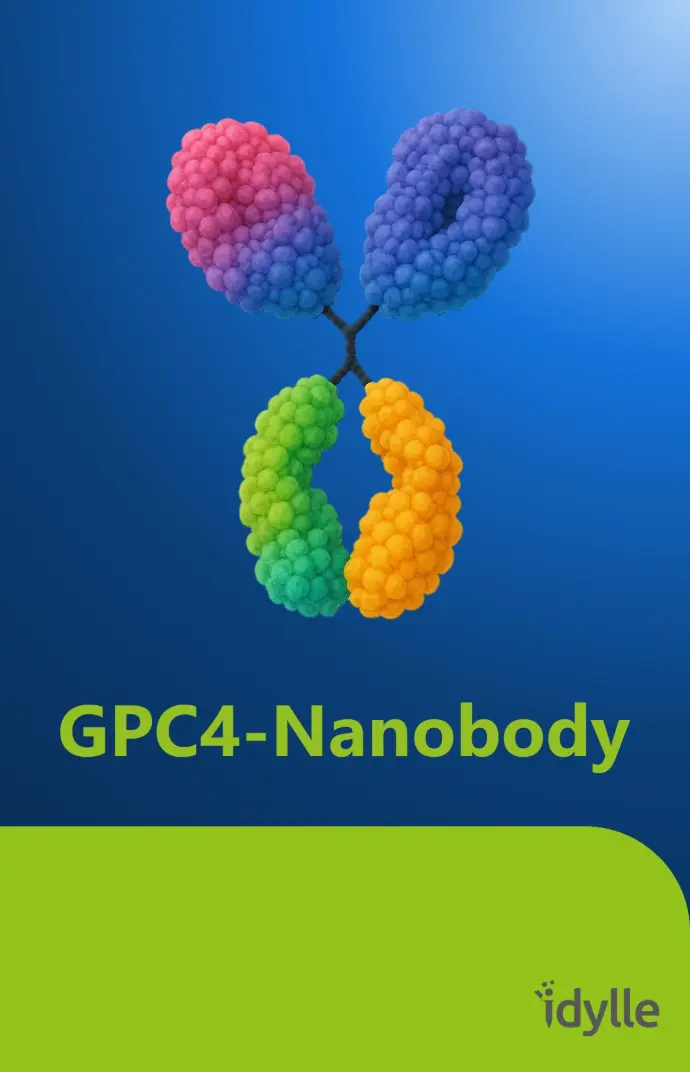
Who is Rosanna Dono ?
Rosanna Dono is a developmental biologist at the Institut de Biologie du Développement de Marseille (IBDM, Aix‑Marseille University, CNRS). Her work focuses on the dialogue between external signals and physical cell cues that steer human pluripotent stem cells toward self-renewal or differentiation. Across dozens of publications, she has explored how cell-surface proteins like Glypican‑4 (GPC4) modulate these critical decisions in lineage commitment and tumorigenic risk
🧩
The GPC4 Puzzle 🧩
In her lab, a central question emerged: why do some pluripotent stem cells resist differentiation and instead retain tumorigenic potential once transplanted? The culprit seemed to be Glypican-4 (GPC4), a cell-surface protein with a powerful influence on stemness.
The team’s first breakthrough came when they silenced GPC4 genetically using siRNA. The effect was striking: cells differentiated more efficiently, and their tumorigenic risk decreased. But siRNA wasn’t a practical everyday tool: GPC4 inhibition was not easily predictable, tricky to control in time and unsuitable for large-scale or translational applications.
That realization sparked the next leap: what if they could design a tool that would inhibit GPC4 directly, specifically and instantly, without genetic manipulation?
Something that could be added like a reagent, controlled in dosage, and even reversed over time.
GPC4‑Nanobody: A smart boost for differentiation
The answer came in the form of GPC4‑Nanobody, a single-domain antibody designed to tightly bind native human GPC4 and block its activity in live cells. By simply adding it to the culture medium of hiPSCs, researchers can:
-
Increase stem cell access to differentiation cues, by modifying their structural organization and promoting their surface of contact
-
Bring differentiation yields up to 80% (i.e. endoderm progenitors and dopaminergic neurons)
-
Improve differentiated population purity, by reducing the proportion of undifferentiated cells

Why researchers are excited
GPC4‑Nanobody doesn’t just detect GPC4, it modulates it. Acting as a functional blocker without genetic manipulation, it opens several doors in both mechanistic studies and translational applications:
- Disease modeling and cell therapy development
It boosts stem cell differentiation efficiency in a simple, scalable way, especially useful for generating disease-relevant cell types. A smart way to save cost on expensive differentiated reagents and reduce the risk of post-transplant tumorigenicity, especially in contexts like Parkinson’s disease where dopaminergic lineage generation is critical.
- Unraveling new roles of GPC4
It can be used to detect, quantify and inhibit GPC4 in live cells, either temporally or permanently, to unravel specific roles in various dynamic biological contexts.
Ready to empower your differentiation protocols?
Discover how GPC4‑Nanobody can elevate your stem cell workflows—enhanced lineage yield, safer outcomes, and a smart way to modulate signaling.